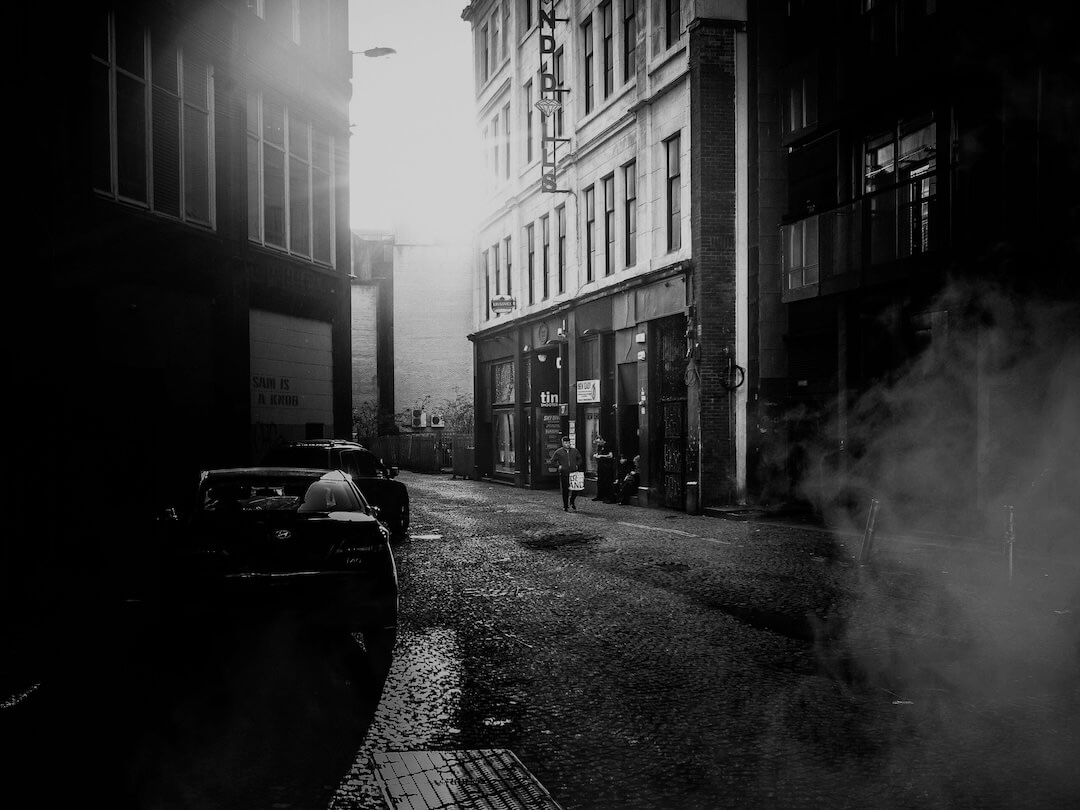

Word Count: 557 | Approximate Read Time: 3 minutes
Fear is one of the most primal emotions, hardwired into our very being. In horror fiction, this raw and visceral response becomes the perfect tool to captivate readers. But why is fear so compelling, and how can understanding it enhance storytelling? Let’s dive into the science of fear and explore how it can be wielded to create unforgettable horror narratives.
At its core, fear is a survival mechanism. It triggers the fight-or-flight response, flooding the body with adrenaline and sharpening our senses. In horror fiction, these physiological and psychological responses are mirrored in the minds of readers, creating an immersive experience that feels almost real.
Psychological triggers like suspense, unpredictability, and the unknown are central to horror. These elements tap into deep-seated fears—such as isolation, vulnerability, and the loss of control—eliciting a powerful emotional reaction. As Dr. Glenn Sparks, a professor at Purdue University, notes, "When we’re scared, our bodies experience physiological arousal, which can be thrilling in a safe context" (Psychological Science, 2020). Writers who understand these triggers can craft stories that resonate on a primal level, leaving their audience breathless long after the last page.
Suspense is the lifeblood of horror fiction. It’s the art of making readers anticipate the unknown, keeping them teetering on the edge of discovery and dread. Mastering suspense involves pacing, foreshadowing, and the careful withholding of information. As Alfred Hitchcock famously said, “There is no terror in the bang, only in the anticipation of it.”
For example, Shirley Jackson’s classic novel The Haunting of Hill House employs subtle psychological tension to keep readers unsettled. Small, eerie details—such as doors that refuse to stay closed—build a sense of dread that crescendos into moments of terror. This careful layering of suspense draws readers deeper into the story, making the horror feel immediate and personal.
Paradoxically, fear can be enjoyable when experienced in a controlled environment, like reading a book or watching a movie. This is because we’re able to confront our fears in a safe, imaginative space. According to Dr. Margee Kerr, a sociologist specializing in fear, "The thrill of fear activates the brain’s reward system, releasing dopamine and creating a rush of excitement" (Scream: Chilling Adventures in the Science of Fear, 2015).
Moreover, horror allows us to explore the darker aspects of human nature without real-world consequences. Stephen King captures this idea in his book Danse Macabre: “We make up horrors to help us cope with the real ones.” By delving into the macabre, readers can confront their anxieties, emerging with a sense of catharsis and resilience.
Understanding the psychology of fear is the key to crafting compelling horror fiction. By leveraging psychological triggers and mastering the art of suspense, you can create stories that not only terrify but also captivate and linger in the minds of your readers. For instance, using sensory details—the sound of creaking floorboards, the smell of damp earth, or the flicker of a dying lightbulb—can immerse readers in the story, heightening the tension.
Additionally, characters that reflect genuine human fears and vulnerabilities make the horror more relatable. As literary scholar Noel Carroll explains, “Horror thrives on the juxtaposition of the ordinary and the extraordinary, making the monstrous feel disturbingly close to home” (The Philosophy of Horror, 1990).
By embracing the science of fear and its role in horror fiction, you can transform your storytelling into an immersive and unforgettable journey into the unknown. Whether you’re a seasoned writer or just starting out, there’s always more to learn about the intricate dance between fear and fiction.
Stay updated with the latest news and releases from Jamie Bucuy